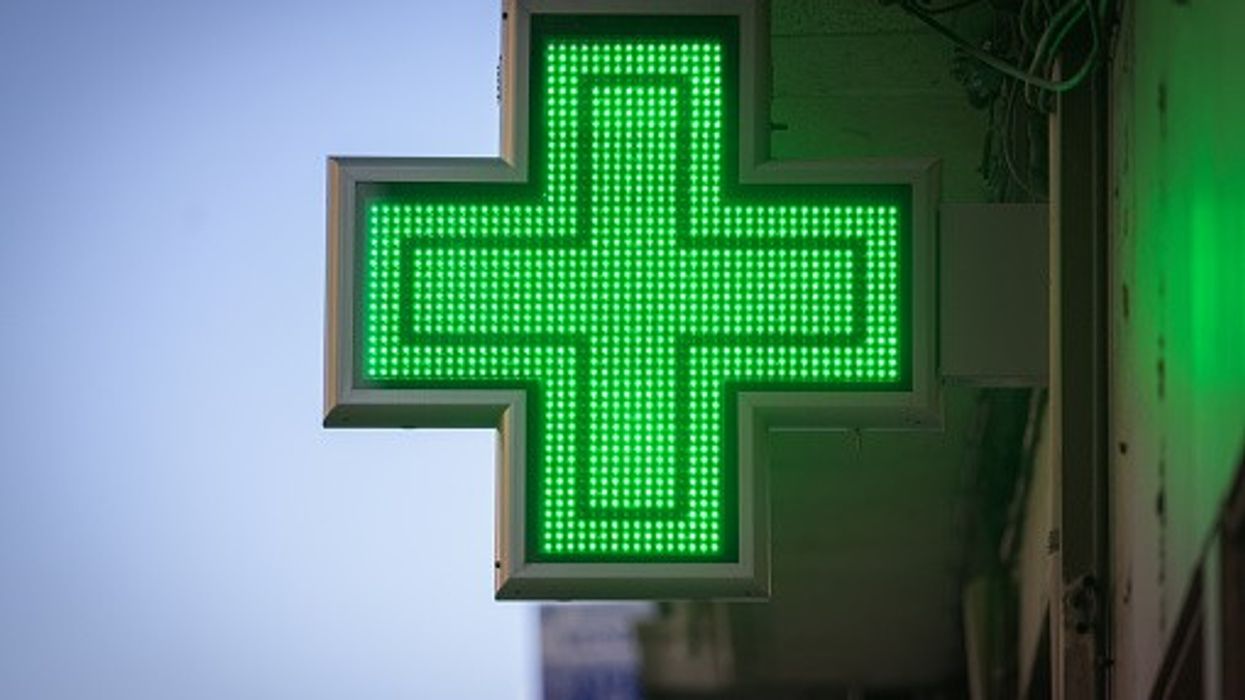Almost one in ten pharmacies across England and Wales have closed over the past decade, creating “pharmacy deserts” and leaving patients to suffer, according to new research commissioned by the Liberal Democrats.
Data analysed by the House of Commons Library shows that the number of pharmacies has dropped by 8% — from 12,204 in September 2016 to just 11,184 today.
The research found that 77% of the 440 constituencies in England and Wales have seen a fall in pharmacy numbers since 2016. Some constituencies have been hit particularly hard, with Feltham and Heston, Bristol East, and Newbury losing around a third of their pharmacies.
The areas experiencing the highest number of pharmacy closures include the Cities of London and Westminster (down 22 pharmacies), Birmingham Ladywood (down 11), and Blackburn (down 10).
The Liberal Democrats warned that "pharmacy deserts have become normalised" and are calling for urgent support measures, including tax relief for pharmacies.
“Pharmacies provide a lifeline to communities, allowing people to receive the care they need without being forced to endure the 8am scramble for a GP or the dangerously long waits for hospital admission,” Helen Morgan MP, the party’s health spokesperson, told the Mirror.
"As these pharmacy deserts become normalised we risk putting hospitals already on the brink under even more pressure, adding to the misery so many patients have had to suffer unnecessarily.”
Nick Kaye, chair of the National Pharmacy Association (NPA), expressed concern that pharmacy closures are leaving vulnerable patients with limited access to essential healthcare services.
"We've long been warning of the risk of pharmacy deserts, with patients in rural and isolated areas struggling to access vital services from their local pharmacy.
“This has been an incredibly challenging time for under pressure pharmacies due to the impact of historic cuts and it is clear the government has inherited an intolerable situation.”
Kaye welcomed the government’s latest funding offer as a “clear step forward” but said “it still leaves pharmacies facing a £2.5 billion gap” as indicated by the NHS-commissioned independent economic analysis.
“We will be watching closely to see if this brings much needed stability to the pharmacy network and want to work with the government to move care into the community and address challenges pharmacies face head on."
The new settlement raises baseline annual funding for 2025/26 to £3.073 billion and provides an extra £215 million to support Pharmacy First and other Primary Care Recovery Plan services.
Under the Community Pharmacy Contractual Framework (CPCF), the Single Activity Fee (SAF) was also increased by 19p to £1.46 per item.













